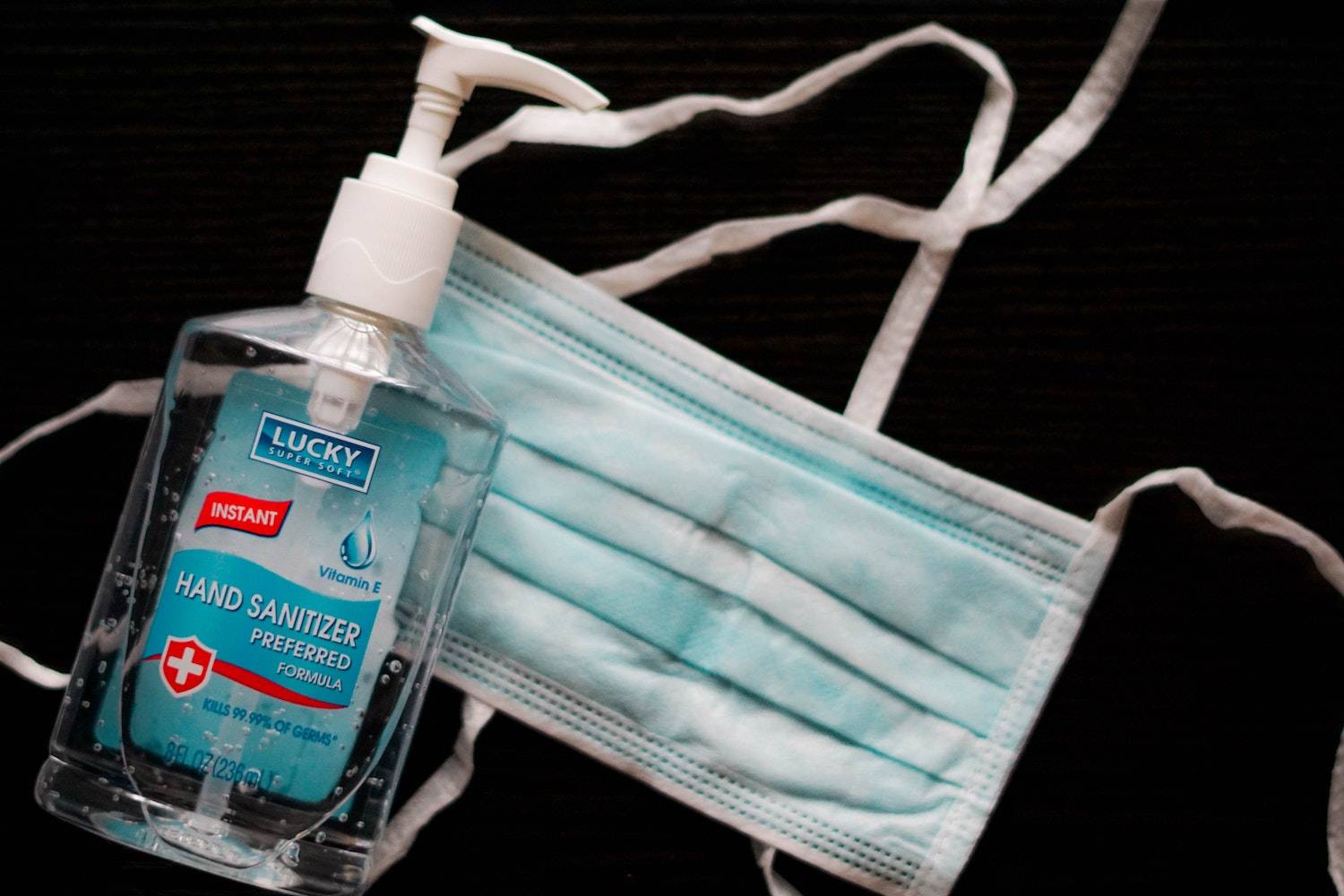From the moment I heard that people with compromised immune systems were at an increased risk as a result of the novel Coronavirus (COVID-19), I knew there would be confusion and unnecessary anxiety for many people living with HIV and the people who care about them.
People living with HIV who are in successful antiretroviral treatment and have a normal number of CD4 cells do not have a compromised immune system. In fact, anyone living with HIV with a normal CD4 count generally fights off infection in the same manner and with the same proficiency as a person who is not living with HIV.
Because COVID-19 is brand new, medical professionals cannot say definitively that people living with HIV who have a normal CD4 count are not at an increased risk, but that’s because scientists have no data on which to base such a definitive statement. Everything we know about how people with well-controlled HIV handle other infectious agents points in that direction.
In other words, even though HIV is a chronic condition affecting the immune system, not everyone living with HIV has a compromised immune system. However, many people living with HIV and many more people in the general public do not realize this.
Hence the unnecessary anxiety for many people living with HIV — and the numerous calls and text messages I received from anxious friends and family members — while waiting for the messaging about COVID-19 to become more nuanced. Thankfully, Dr. Fauci (first name no longer necessary) cleared things up at the second CNN/Facebook town hall, and the messaging from public health officials and HIV specialists since then has put more people at ease.
This is not to say that people living with HIV are at a lower risk, that we don’t need to take the same precautions as everyone else, or that there aren’t far too many who are immunocompromised and, therefore, at higher risk.
The first point needs to be reiterated because of the anecdotal reports that some HIV medications may have a therapeutic effect for people with COVID-19. Those reports have now been undermined by preliminary study results. And, of course, all people living with HIV need to take the same precautions to protect themselves and others at an increased risk, including seniors and those who do have a compromised immune system.
Most important, the fact there are so many people living with HIV who have a compromised immune system is something we must grapple with as a nation — and a global community — after we have wrapped our hands around the current pandemic. The sad fact is that we still have not adequately addressed the pandemic of HIV/AIDS, which continues to kill hundreds of thousands of people each year.
You might ask how that can possibly be, if everyone in treatment has normal immune function. The problem is that not everyone has access to the antiretroviral medications that treat HIV and some of those who have access do not have the social supports necessary to remain adherent to them.
In the United States, that means that only 53% of people living with HIV are virally suppressed. This is a national disgrace before considering the fact that HIV cannot be passed to another person sexually if the person with HIV has a suppressed viral load.
Those who are most likely not to be virally suppressed are those who are most likely to be impoverished, not to have health care coverage (making them more likely to have comorbid conditions further increasing their risk), and not to have the social supports necessary to remain adherent to their medications. They are more likely to experience food insecurity, housing instability, and mental health issues. And they are often running up against systemic racism, as well as sexism, homophobia and transphobia.
It’s not that scientists have not come up with a functional cure for HIV in the form of antiretroviral medications, it’s not that those medications are too expensive to produce in mass quantities, and it’s not that we don’t have a functional vaccine in the form of pre-exposure prophylaxis (PrEP). If the U.S. recognized health care as a human right, perhaps we would at last make these miracles of modern medicine available to everyone in this country—as we almost surely will if we discover effective therapeutics and/or a vaccine for COVID-19.
The reasons we have not adequately addressed the HIV/AIDS epidemic, both nationally and globally, are multiple and complex. I am certainly not suggesting I have all the answers — many people smarter than me have been working on this for decades. But I do think it is worth considering in the context of this pandemic — which has the kind of immediate and focused attention the HIV/AIDS epidemic never had — why we have not mustered the collective will to solve the one that started almost forty years ago. If nothing else, we need to ensure we do not repeat the mistakes that have led to such large disparities in HIV health outcomes in this country based on income, race, and gender identity.
HIV/AIDS is a pandemic that is still killing hundreds of thousands of people a year, over 16,000 of them right here in the United States. We can — and should — do better.





